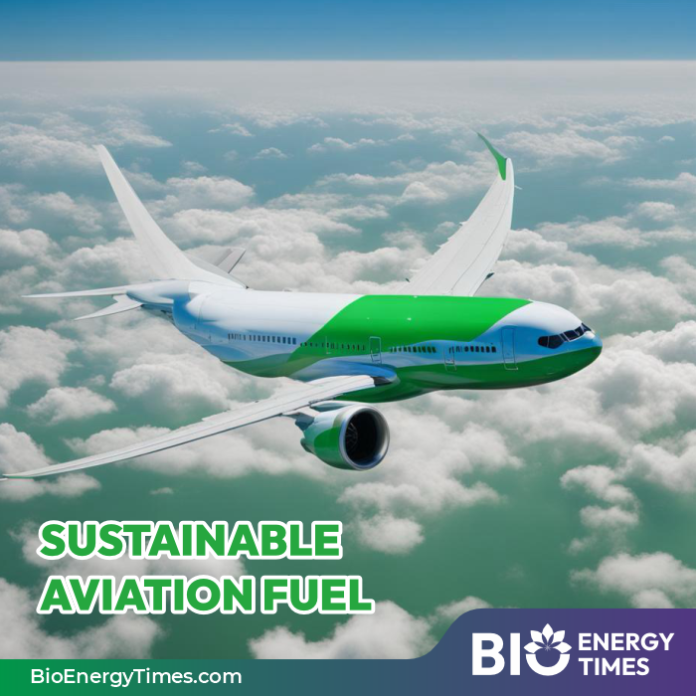Jakarta: Airbus’s Singapore office has teamed up with researchers from Indonesia’s Bogor Agricultural University (IPB) to develop sustainable aviation fuel (SAF) from biomass, with the goal of sourcing up to 100 million tonnes a year from Indonesia, reports The Star.
Biomass includes crop residues, wood, and other plant-based materials that can be converted into renewable energy, such as biofuel for aircraft. The collaboration will involve a detailed study of Indonesia’s biomass potential, covering resource availability, logistics, supply chain mapping, and factory locations to reduce transport costs.
Meika Syahbana Rusli, head of IPB’s Surfactant and Bioenergy Research Centre (SBRC), said Airbus sees strong potential in Indonesia. “Airbus is very interested in developing SAF from biomass and has identified Indonesia as a major potential supplier,” he said on Monday. He noted that SAF currently made from used cooking oil, waste palm oil, and low-grade vegetable oils faces limited output due to competition with food supplies.
According to Meika, Airbus estimates that by 2030 SAF will need to be sourced mainly from biomass. The company believes Indonesia could produce up to 500 million tonnes annually—five times the amount it requires. He pointed to large volumes of unused palm fruit bunches in Sumatra and Kalimantan, and rice straw in Java that is often discarded or burned.
However, Meika also highlighted challenges, including the difficulty of collecting biomass from small farmers in areas with poor infrastructure, as well as gaps in regulations and limited research on processing biomass into aviation fuel at scale.
Indonesia has seen a steady rise in biomass exports and domestic use, particularly wood pellets and chips. While this growth offers business opportunities, environmental groups warn of risks. Auriga Nusantara, an environmental watchdog, says about 10,000 hectares of forest were cleared for biomass production between 2020 and 2024, and more forest could be lost as industries expand monoculture plantations, threatening habitats of endangered species like orangutans.
Last month, PT Kilang Pertamina Internasional (KPI), the refining and petrochemical arm of state-owned Pertamina, began producing SAF from used cooking oil at its Cilacap refinery. Indonesia, the world’s top crude palm oil producer, has been testing bioavtur production from palm oil since 2021 and is also exploring the use of cooking oil, of which it is the world’s third-largest exporter.
If cooking oil-based SAF passes regulatory and quality tests, the first trial flight is planned for August. The energy ministry aims for vegetable oil to make up 1% of Indonesia’s bioavtur blend by 2027, as part of efforts to cut oil imports and carbon emissions.
The International Air Transport Association has called SAF a key tool in cutting aviation emissions and urged governments to offer incentives to boost production.















